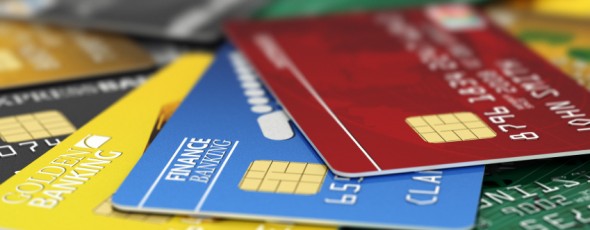Let me introduce you to Cari; a teacher, loving wife, and mother of two young children whom was recently diagnosed with crohn's disease and prescribed infusions. Cari, assumed her insurance policy covered these treatments until she received a bill for close to $20,000, and that was for ONE treatment. She would have to continue these treatments every five weeks!!!!! After not much success, Cari reached out to me in panic, and we managed to get her bill down to $411 with some of the following tips:
1. Get into your Zen: The last thing Cari needed was an ulcer. With a few deep breathes and a plan of action in place, she was ready to tackle this "billing monster."
2. Get a copy of the itemized bill and medical records: We were able to uncover some billing mistakes, but get a "clearer picture" of what was being done and if there were any options. In Cari's place, it looked like her insurance rejected part of the bill because the infusion center was not covered by her insurance.
3. Talk to the right person: Some facilities have patient advocates or social workers that can help find other options for payment. Cari was able to verify what we discovered through an advocate at the facility. In addition, the advocate pointed out some additional insurance options that Cari was qualified for, but not taking advantage, so we immediately filled out all the paperwork with the help of the facility and got her on the correct plan within 2 months.
4. Talk to your prescribing doctor: Maybe there is an alternative medication or cheaper treatment? In Cari's case, she had an adverse reaction to alternative treatments, so that was not an option. In some cases, the prescribing doctor may have free samples (usually about 2 months worth) that he/she can provide you with until a financial solution is figured out. Cari's case was a little more difficult since she was in need of a biologic which tends to be a little more complicated therapy since there are many factors involved including an infusion site.
5. Find out what financial assistance programs are out there: There are plenty of "patience assistance programs" and/or "financial need programs" that are available for all situations. Familiarize yourself with these programs and get qualified as soon as possible. Some websites that may be helpful include: NeedyMeds, together Rx Access, or a State Pharmaceutical Assistance Program.
6. Go straight to the manufacturer: Many larger manufactures have an "Access Services Manager" or someone equivalent that can help guide you through the process of qualifying for some of these access and affordability programs. Cari found Kim, an access services manager for the Remicade she needed by going to the Janssen Pharmaceuticals, Inc. website and calling the 888 number provided. For those that are not as savvy, the prescribing doctor can help provide you with the correct number by contacting the representative they deal with from that pharmaceutical company.
7. Be pleasant and prepared: Before initiating any calls, take a deep breathe and be sure you write down the following information so you can provide it in a cohesive way when the representative asks, which will make the call pleasant and quick:
Your name and contact information
The pharmaceutical prescription
The desired location if needed
Insurance information (if you have insurance)
Your income level (a copy of your W-2 can provide this information)
Some programs may require additional information, and you may not get the correct person on the phone the first time. Be patient and be persistent. If your blood starts to boil, hang up and call again when you are calm, or have a loved one call with you.
8. Take notes: Get the person's name and contact information if possible. Document the date and time of the call, and summarize what was said, including any additional instructions given to you as well as when the person may call you back. In Cari's case, we were asked to call back to get an update on what Kim was able to find out regarding her situation. In conclusion, Kim was able to locate a site that was accepting her insurance and determine that this site was accepting new patients. Kim also enrolled Cari in an additional free service to remind her of her infusion dates.
9. Breathe and get started: Now that everything is verified, Cari is able to get her infusions and NOT go into medical debt. In addition, she knows to ask for an itemized bill and a copy of her medical records after each infusion, so she can keep track of her bills and be sure there are no mistakes. If there is a discrepancy, she has her access service manager, Kim to help her work it out and avoid an ulcer.
Today, Cari is an empowered patient with no medical debt and an infusion center that is convenient to her house that is covered by her insurance.




.jpg)




